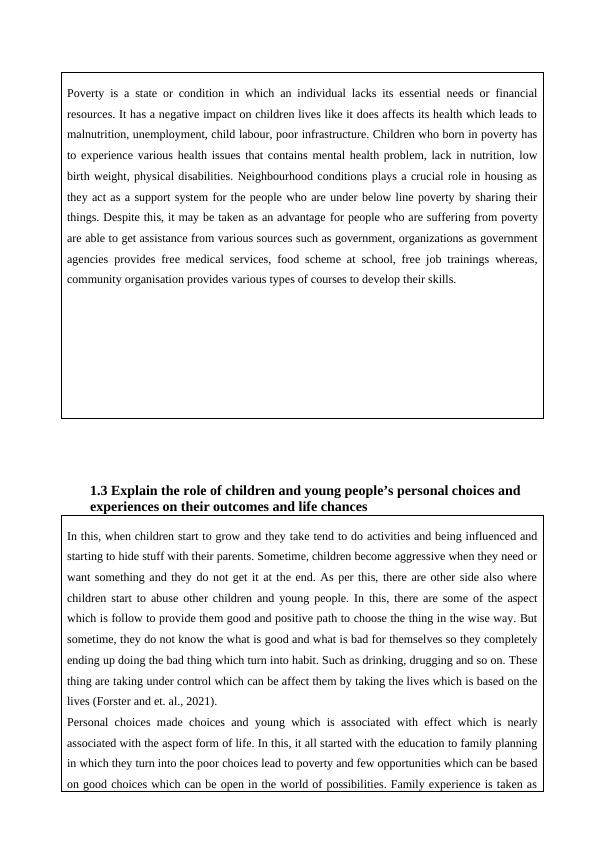Adult Autism Diagnosis: Challenges, Support, And Positive Outcomes

Table of Contents
Challenges in Obtaining an Adult Autism Diagnosis
Navigating the process of getting an adult autism diagnosis presents unique hurdles. Many individuals face significant obstacles in accessing appropriate assessment and support.
Diagnostic Barriers
Securing a timely and accurate diagnosis can be challenging due to several factors:
- Lack of awareness among healthcare professionals: Many healthcare providers lack sufficient training in recognizing autism in adults, leading to missed diagnoses or delayed referrals.
- Reliance on childhood behavioral indicators: Diagnostic tools often focus on childhood behaviors, making it difficult to assess autism in adults whose symptoms may manifest differently.
- Misconceptions about autism in adulthood: Persistent misconceptions about autism limit understanding and hinder accurate assessment.
The financial burden of assessment is another significant barrier. The cost of comprehensive psychological evaluations, including neuropsychological testing, can be prohibitive, particularly for individuals without adequate health insurance. Geographical limitations also play a role, with many individuals living in areas with limited access to specialists experienced in adult autism assessment.
Misdiagnosis and Co-occurring Conditions
Adults with autism frequently experience co-occurring conditions, such as anxiety, depression, and attention-deficit/hyperactivity disorder (ADHD). These conditions can mask autistic traits, leading to misdiagnosis.
- Examples of conditions frequently misdiagnosed as autism: Anxiety disorders, depression, ADHD, obsessive-compulsive disorder (OCD).
- Difficulty differentiating symptoms: Overlapping symptoms between autism and other conditions complicate the diagnostic process.
- Importance of comprehensive assessment: A thorough evaluation by a qualified professional is crucial to differentiate between autism and other conditions.
The presence of comorbid conditions necessitates a multidisciplinary approach, involving professionals from various fields, such as psychology, psychiatry, and occupational therapy, to ensure a comprehensive understanding of the individual's needs.
The Impact of Late Diagnosis
A delayed adult autism diagnosis can have significant emotional and social consequences:
- Missed opportunities for early intervention: Early intervention can have significant positive impacts on development, but opportunities may be missed when diagnosis is delayed.
- Challenges in relationships and career: Difficulties understanding social cues and navigating social interactions can impact relationships and career progression.
- Impact on self-esteem: A lack of understanding and support can lead to low self-esteem and feelings of isolation.
However, receiving a diagnosis later in life can still be profoundly positive. It provides a framework for understanding past experiences, accessing support, and fostering self-acceptance.
Support Systems and Resources for Adults with Autism
Once a diagnosis is secured, accessing appropriate support is crucial. Various systems and resources can assist adults in navigating the challenges associated with autism.
Therapists and Specialists
Specialized therapists play a vital role in providing tailored support and strategies.
- Types of therapy: Cognitive Behavioral Therapy (CBT), Speech Therapy, Social Skills Training, Occupational Therapy.
- Benefits of tailored interventions: These therapies can address specific challenges, improving communication, social skills, and coping mechanisms.
Specialized therapists can provide practical strategies for managing sensory sensitivities, improving communication, and developing effective coping mechanisms for anxiety and other challenges.
Support Groups and Communities
Connecting with others who share similar experiences is invaluable.
- Online and in-person support groups: These groups provide a safe space for sharing experiences, building community, and reducing feelings of isolation.
- Benefits of sharing experiences and building community: Peer support can offer immense emotional relief, practical advice, and a sense of belonging.
The shared experiences within these communities offer validation and reduce the feelings of isolation that often accompany a late diagnosis.
Advocacy Organizations and Resources
Several organizations dedicate themselves to supporting adults with autism.
- List of organizations and websites: (Insert links to relevant organizations, e.g., Autistic Self Advocacy Network (ASAN), Autism Speaks, etc.)
- Types of services and resources: Information, advocacy, support groups, educational materials, and referrals to professionals.
These organizations provide crucial resources and act as advocates for the rights and needs of autistic adults.
Positive Outcomes of an Adult Autism Diagnosis
Receiving an adult autism diagnosis can lead to significant positive transformations.
Self-Understanding and Acceptance
Diagnosis fosters self-understanding and acceptance:
- Improved self-esteem: Understanding one's autism can lead to increased self-compassion and a greater appreciation for one's unique strengths and abilities.
- Reduced feelings of isolation: Knowing that one's experiences are valid and shared by others can reduce feelings of loneliness and isolation.
- Ability to better understand oneself and one's strengths and weaknesses: This self-awareness facilitates self-advocacy and enables individuals to make informed decisions about their lives.
This newfound self-awareness facilitates personal growth and empowers individuals to embrace their authentic selves.
Access to Support and Resources
Access to resources directly improves quality of life:
- Improved coping mechanisms: Therapy and support services provide strategies for managing challenges and improving overall well-being.
- Enhanced social skills: Social skills training can help individuals navigate social situations with greater confidence and ease.
- Increased independence: Access to support and resources can promote greater independence and self-reliance.
These resources enable individuals to lead more fulfilling and meaningful lives.
Improved Relationships and Communication
Understanding autism can significantly enhance relationships:
- Strengthened family bonds: Open communication and education about autism can foster stronger family relationships.
- Improved workplace interactions: Understanding autistic traits can lead to more effective communication and collaboration in the workplace.
- More fulfilling personal relationships: Improved communication and understanding can lead to more meaningful and fulfilling personal relationships.
This improved communication leads to more supportive and understanding relationships, both personally and professionally.
Conclusion
The journey towards an adult autism diagnosis can be challenging, but it is ultimately a path towards self-understanding, access to support, and positive personal growth. The difficulties in accessing diagnosis, the complexities of co-occurring conditions, and the potential for delayed diagnosis highlight the importance of increased awareness and improved access to specialized services. However, the benefits of receiving a diagnosis—including increased self-awareness, access to tailored support, and improved relationships—are immense. If you suspect you may be autistic, seeking professional assessment is a crucial step towards understanding yourself and building a more fulfilling life. Learn more about getting an adult autism diagnosis and share this article to spread awareness and encourage others to seek the support they deserve. Remember, an adult autism assessment can be transformative.

Featured Posts
-
 Jacob Alon Unveils August Moon
May 30, 2025
Jacob Alon Unveils August Moon
May 30, 2025 -
 Wild Food Foraging Identifying And Preparing A Carrots Root Cousin
May 30, 2025
Wild Food Foraging Identifying And Preparing A Carrots Root Cousin
May 30, 2025 -
 Cuando Volvera Bts Tras Finalizar Su Servicio Militar
May 30, 2025
Cuando Volvera Bts Tras Finalizar Su Servicio Militar
May 30, 2025 -
 School Closures Extended Winter Weather Conditions Persist
May 30, 2025
School Closures Extended Winter Weather Conditions Persist
May 30, 2025 -
 Trump Vs Ticketmaster Nueva Orden Ejecutiva Para Combatir La Reventa
May 30, 2025
Trump Vs Ticketmaster Nueva Orden Ejecutiva Para Combatir La Reventa
May 30, 2025
